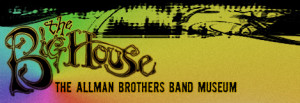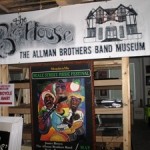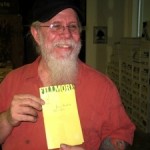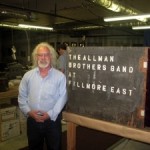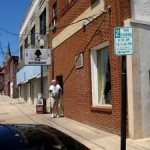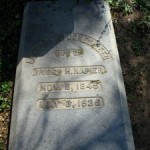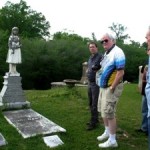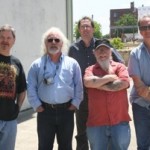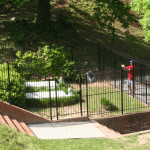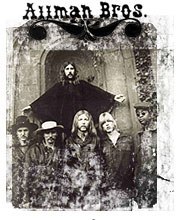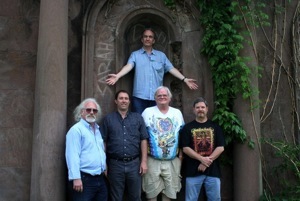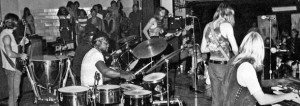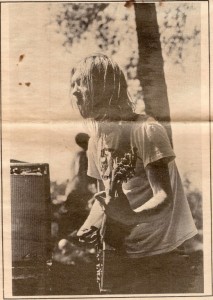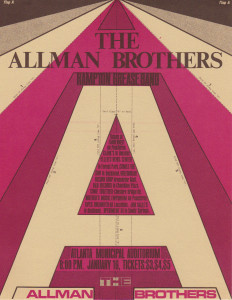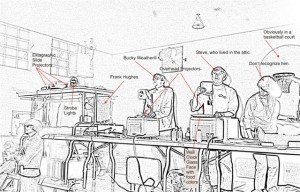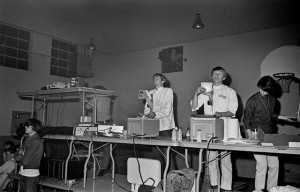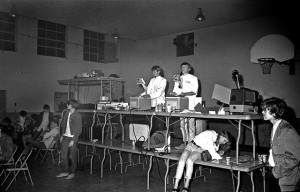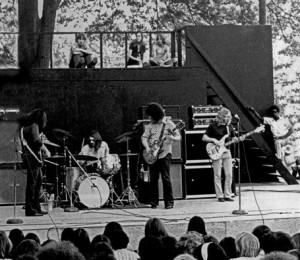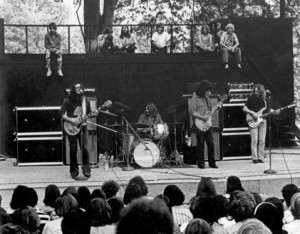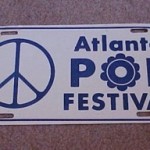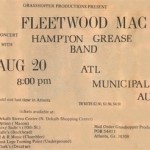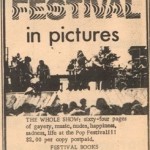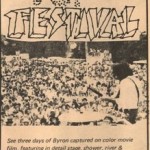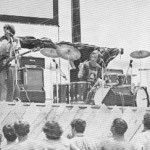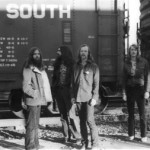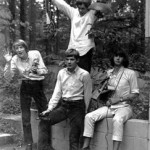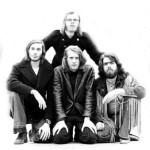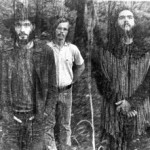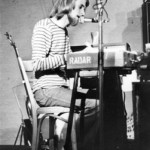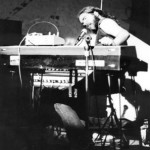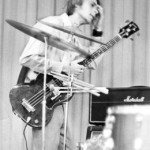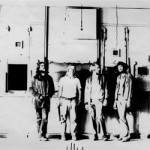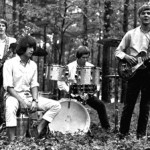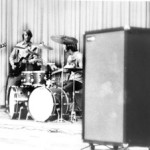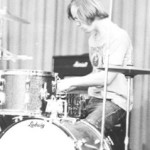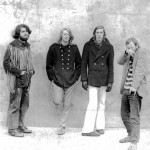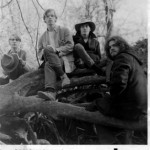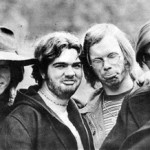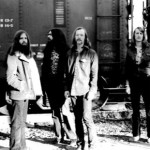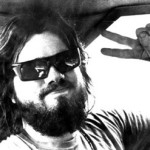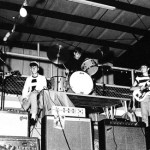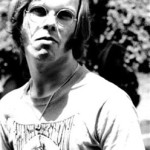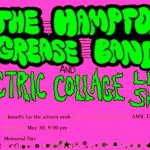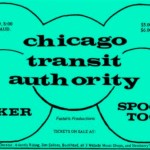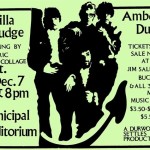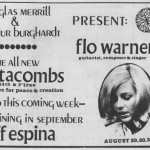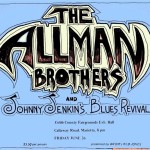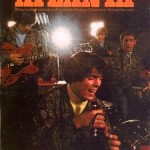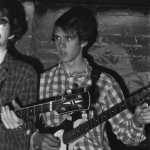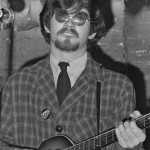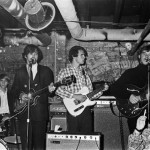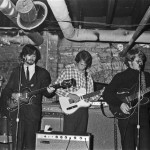Bass Organization for Neighborhood Development was behind the rise of Inman Park, Little Five Points, Candler Park, Lake Claire. This organization created a cornerstone on which to get power from co-operative financing. Keep your money working inside your community.
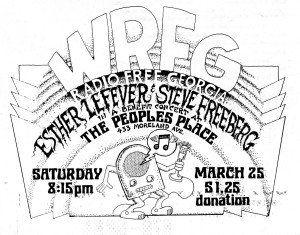 How many communities have their own local radio station? I have to admit I thought neighbor Pig Iron aka Joe Shifalo had lost it when he asked me to sign with my 3rd class radio license to help get approval for a neighborhood radio station. But he and others made it happen and continue these many years later. Listen on the internet.
How many communities have their own local radio station? I have to admit I thought neighbor Pig Iron aka Joe Shifalo had lost it when he asked me to sign with my 3rd class radio license to help get approval for a neighborhood radio station. But he and others made it happen and continue these many years later. Listen on the internet.
http://www.atlantaprogressivenews.com/news/0082.html
Radio Free Georgia originated as a 10-watt station operating from Little Five Points starting in 1973.
“WRFG grew out of the movement of the late 1960s and early 1970s,” Gray said. “The early founders could have started a newspaper but they chose instead to create a radio station,” in part because of the emergence of The Great Speckled Bird. “The station is a tool to implement ideas.”
The Great Speckled Bird ran the first news article about WRFG years ago and was instrumental in helping with its founding, one of WRFG’s original founders, Harlon Joye told Heather Gray, according to an interview transcript obtained by Atlanta Progressive News.
Similar to the Great Speckled Bird, WRFG’s founders say they were subject to police harassment and spying, the transcript says. WRFG was seen as a center of radicalism in Atlanta.
WRFG was one of the only progressive radio stations in the United States at the time, Joye told Heather Gray, in addition to a few Pacifica stations and a few independent ones.
Grassroots efforts, improvisation of an antenna involving trips to Radio Shack, and shoestring budgets were reportedly involved.
The National Endowment for the Humanities gave WRFG a grant in the 1970s and the station has not looked back. “In the Deep South…we’re it,” Gray told Atlanta Progressive News. “We’re the only station that has public affairs and music [and] we take our position seriously.”
WRFG produced a 50 part series between 1977 and 1980 called “Living Atlanta!” that won national awards. The University of Georgia Press published a book in 1989 based on the series.
The station’s contribution in the musical field is significant as well. It became the first radio station in Atlanta since the 1950s to feature blues, bluegrass, and jazz; musical forms native to the region.
WRFG has a smorgasbord of music, something for everyone, and many programs are geared toward Atlanta’s ever growing Latin, Asian, Caribbean, and African communities. “We play the leading role in providing opportunities for hip-hop,” Gray said.
In 1995, WRFG reached its goal of operating at 100,000 watts. The next year, the station took its show on the road, going to Dublin to broadcast the St. Patrick’s Day Parade and Jamaica, where the first World Party Tour occurred.
Today, WRFG continues to give a voice to people who traditionally are denied access to broadcast media. “We have to [continue] to make sure we have access to progressive opportunities,” Gray said.
Atlanta Progressive News Staff Writers have been on WRFG’s progressive news hour each week for the last couple months. News Editor Matthew Cardinale, and Staff Writers Jonathan Springston, Betty Clermont, and Kristina Cates have each discussed their latest news items recently on Adam Shapiro’s “Current Events” program, Thursdays at noon.
Everyone can help WRFG continue their progressive legacy by visiting WRFG.org, donating money, and learning more about the Tower of Power Campaign.
About the author:
Jonathan Springston is a Staff Writer for Atlanta Progressive News. He may be reached at jonathan@atlantaprogressivenews.com.
